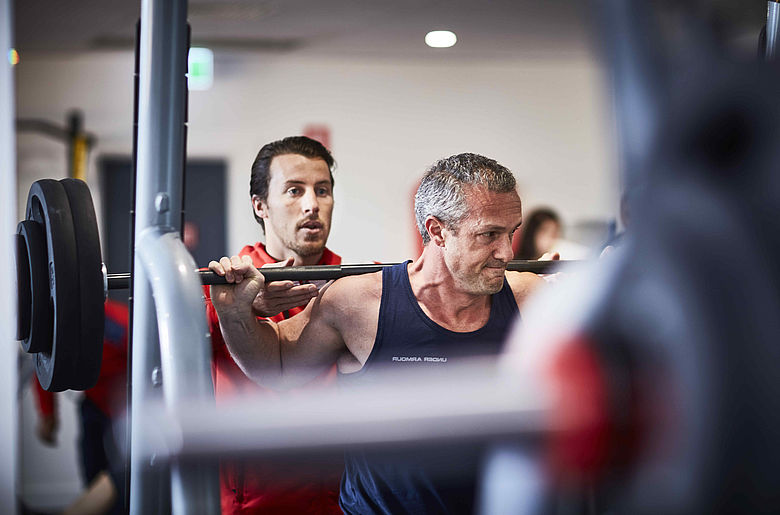Insulin is a naturally occurring hormone produced by your pancreas and is an essential part of the macro absorption process and the balancing of blood sugar levels.
Over the years insulin has been perceived as a bad thing and “linked” to the storage of fat. This single view of insulin is quite one sided and just does not tell the whole story of insulin and why we NEED it to be released in our bodies.
So, why does Insulin get a bad rap? Well, its because its role, as previously mentioned, is to help absorb/store macronutrients, and yes in cases this can cause the storage of body fat over time but that is ONLY when we consume more calories than what we can physically store. This will be different for everybody and will come down to a myriad of factors so try not to get annoyed if someone you know can seem to eat whatever they want and never put on weight. Insulin’s storage role is actually super important. When we eat and then digest our food, in particular carbs and fats the energy from these needs to be stored or used. This is where Insulin comes in. As the energy is converted into glucose (sugar) and is transported into our bloodstream, our pancreas will release insulin to store it in our muscles, liver and fat cells. This is 100% necessary because if the blood glucose is not controlled, we can be become Insulin resistant and eventually, if not taken seriously, type 2 diabetic.
Where we can get lost in the understanding of Insulin is that different foods will cause a different reaction. For example, a food heavier in sugar or fast digesting carbs will have a greater affect on the release of insulin vs lower sugar/slower digesting options such as vegetables. If this continues for long periods of time (months and years of poor dietary choices) our body will not be able to produce enough insulin to keep up with demands, meaning the manual addition of insulin through injection may become necessary. When this happens, it can be easy to blame the storage hormone as it is responsible for the storage of energy. This is NOT the fault of Insulin; it is through choices we have continually made that this has happened. The good news is that Insulin Resistance can be reversed through a suitable exercise program and positive dietary changes.
However, just because these faster digesting foods will create a faster release of insulin does not mean you will gain fat (remember it takes time for that to happen). Think of it this way, if you ate one snickers a day and nothing else, you would not gain a single gram of body fat because you would be eating in a SEVERE calorie deficit. And this is the key when it comes to insulin and “fat storage”, its not individual foods that are the problem, or the storage role of insulin. It’s the overall energy intake that matters most. Insulin can be used to our advantage in some instances. For example, if you have an extremely taxing training session where you push your self to a point where you may pass out, fast acting sugars in sports drinks like Powerade can quicky replenish your energy stores and bring you back to baseline. Bodybuilders will even in some cases use forms of glucose with protein to accelerate the absorption of the protein.
The key to understanding Insulin and fat storage can be summed up with this analogy: If you have a 600ml water bottle, and you fill it up to 500ml as fast as you can, you still have 100ml spare. Same as if you filled it up slowly. Think of your body and insulin the same way. Insulin will store the energy faster or slower depending on where it comes from, but if your total intake is not more than what you can handle, you will not gain fat. So, if someone is telling you that to lose fat you need to control your insulin, remember that insulin by itself is not the problem because it is an essential hormone we need. Its our lifestyle we need to address.

